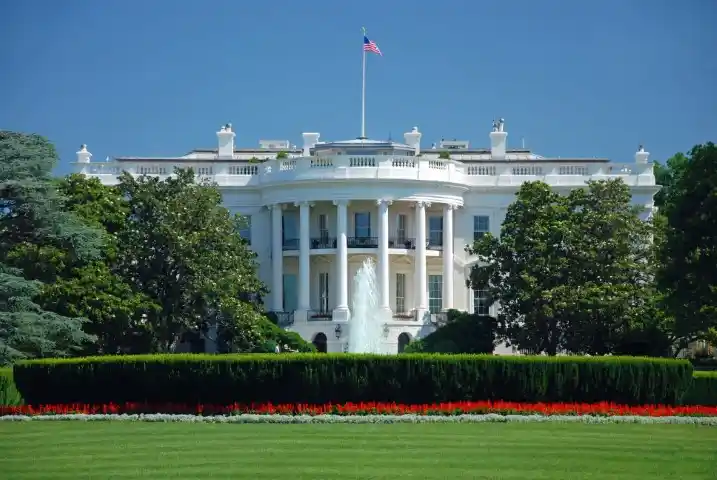In an effort to control rising cost Germany introduced both a price freeze preventing price increases on legacy products effective from 2009 onwards and a new process for benefit assessment and price negotiations for new medicines in 2011. Newly authorized medicinal products are subject to a benefit assessment conducted by the Federal Joint Committee (G-BA) and the Institute for Quality and Efficiency in Health Care (IQWiG). This assessment is used as an input for the price negotiations with the umbrella association of statutory health insurance providers GKV-SV. However, for legacy products, which are those that were launched before the introduction of the German Act on the Market Entry of Medical Products (AMNOG) in 2011, there is no requirement for a benefit assessment and price negotiation. Products launched prior to the AMNOG enjoyed higher flexibility in price setting at launch but were nevertheless impacted by the price freeze (“Preismoratorium”).
Manufacturers have for a long time criticized the price freeze and pointed to rising cost which could not be recovered. As a reaction the 2017 AMVSG law introduced the possibility of price increases on legacy products.
Factors Affecting Price Increases
There are several factors that can limit manufacturers’ ability to raise prices for legacy products:
- According to Section 130a of the German Social Code, Book Five (SGB V), the maximum net price of a legacy product cannot exceed its last available net price. However, the price can be adjusted by the annual increases associated with the Consumer Price Index (CPI) in Germany.
- Price Moratorium Rebate: If a manufacturer chooses to set a higher ex-manufacturer list price for a legacy product, they may be required to pay a price moratorium rebate. This rebate is the difference between the resulting net price and the maximum net price allowed under the CPI-based restriction.
- Physician Prescribing: Physicians in Germany are legally obligated to prescribe medications economically. This means that they are likely to consider the price of a medication when making prescribing decisions, which can deter manufacturers from raising prices.
Price increases for legacy products launched before 2011
The 2017 Gesetz zur Stärkung der Arzneimittelversorgung in der GKV (AMVSG; Act to Strengthen Pharmaceutical Supply in the Statutory Health Insurance System) was widely considered as AMNOG 2.0 and brought about several significant changes in German market access. Even though the bill was criticised by pharmaceutical companies for the pressure on their revenues that it will bring, there is one attractive aspect of the reform that manufacturers of legacy products welcomed. Since the AMNOG reform, a legal price freeze (price moratorium) has prevented pharmaceutical companies from raising prices for reimbursable prescription-only drugs that lack fixed reference price group. The AMVSG introduced the possibility of a price increase as a result of retroactive adjustments for inflation (based on yearly CPI increments).
At Justin Stindt Consultants, we have experience in helping companies with legacy products achieve the inflation-adjusted price increase. Our experts can help you calculate the maximum increase applicable for your product, set up the process and create the IFA notification for you to update the listing in the official German price database (LauerTaxe).
Justin Stindt Consultants is your agency to support you with Market Access in Germany
Justin Stindt Consultants is your consulting firm with experts who have extensive experience in Market Access Germany. Our consultancy has helped many clients by engaging the G-BA for scientific advice meetings and develop benefit assessment AMNOG dossiers. Our consultants also support price negotiations. For medical devices and digital health apps, our agency supports dossiers and negotiations. Many of our consulting firm’s clients have found Germany the place to start for Market Access in Europe and decided to enlist our agency as partner of choice given our footprint and experience in the German market.
Contact our experts today to learn how our agency can tailor our services to meet your unique needs to enable Market Access in Germany.





